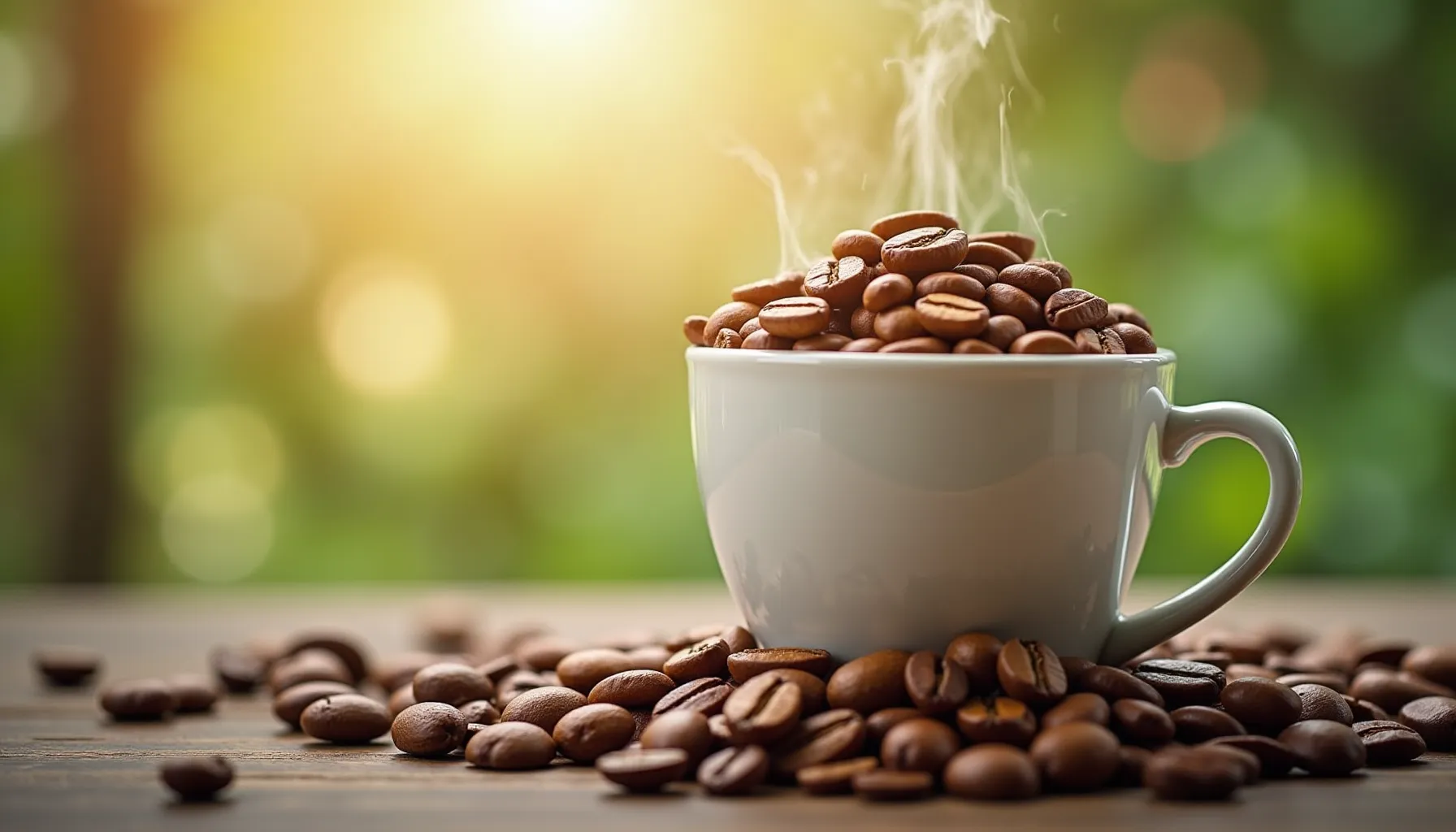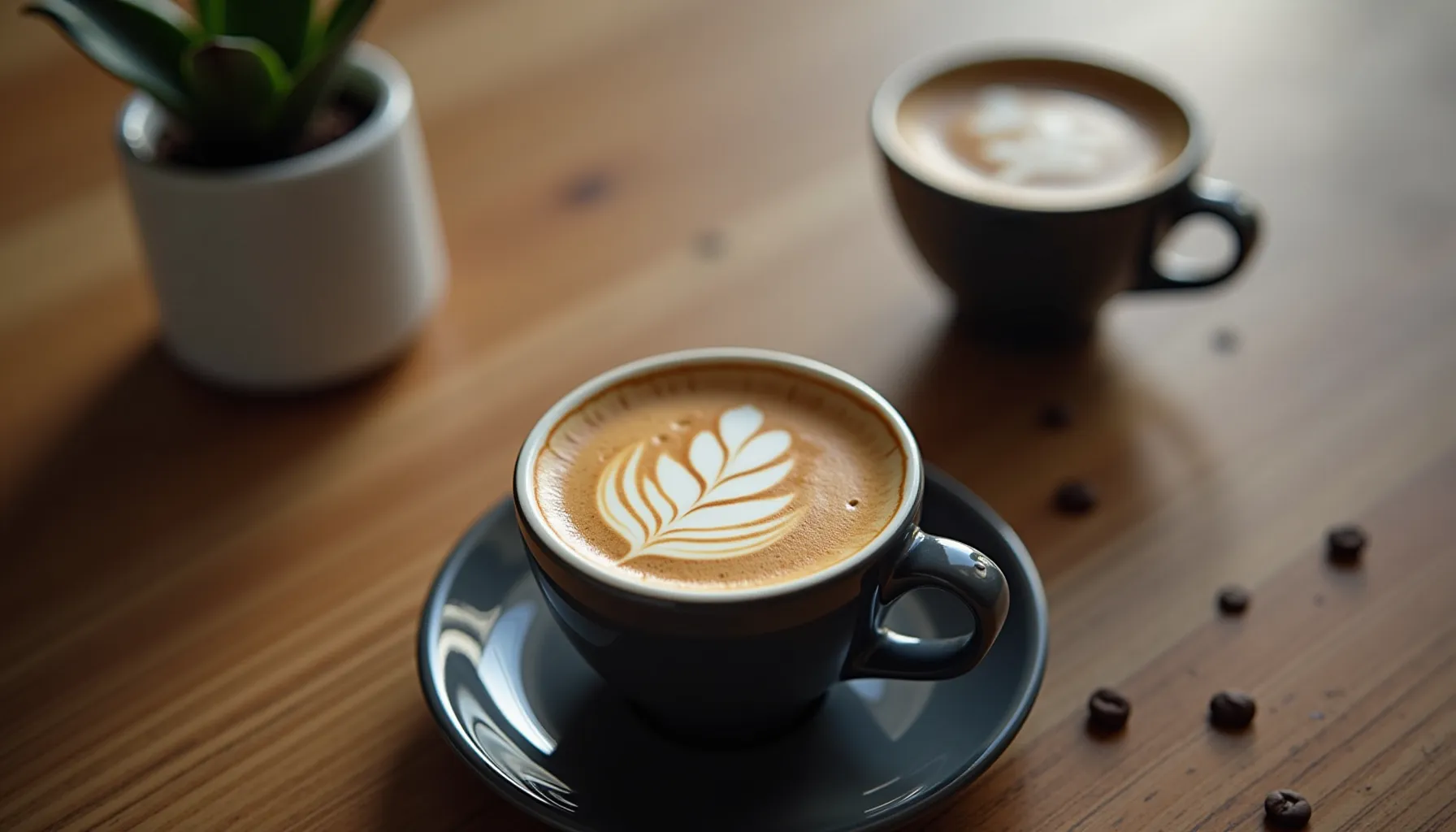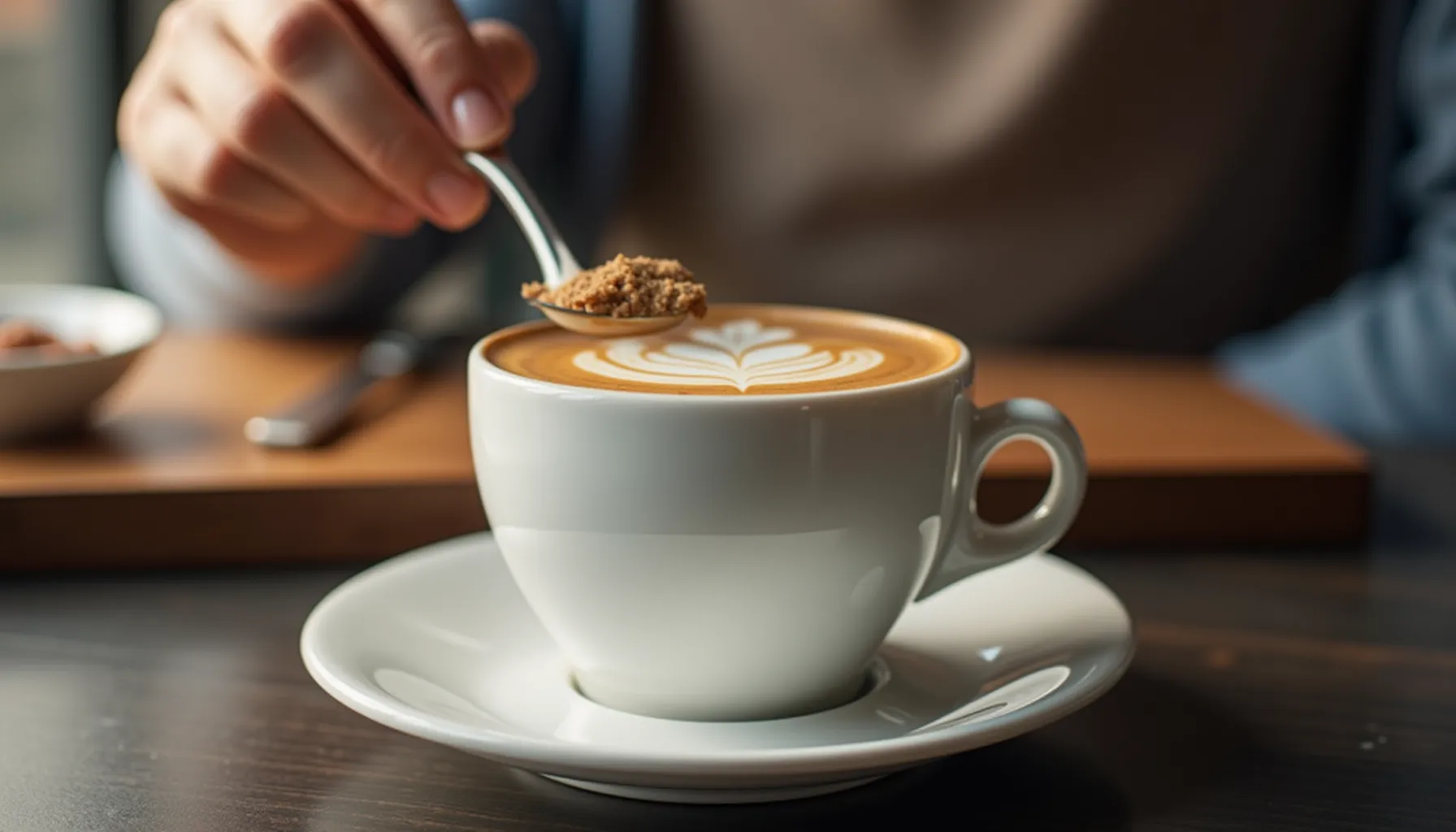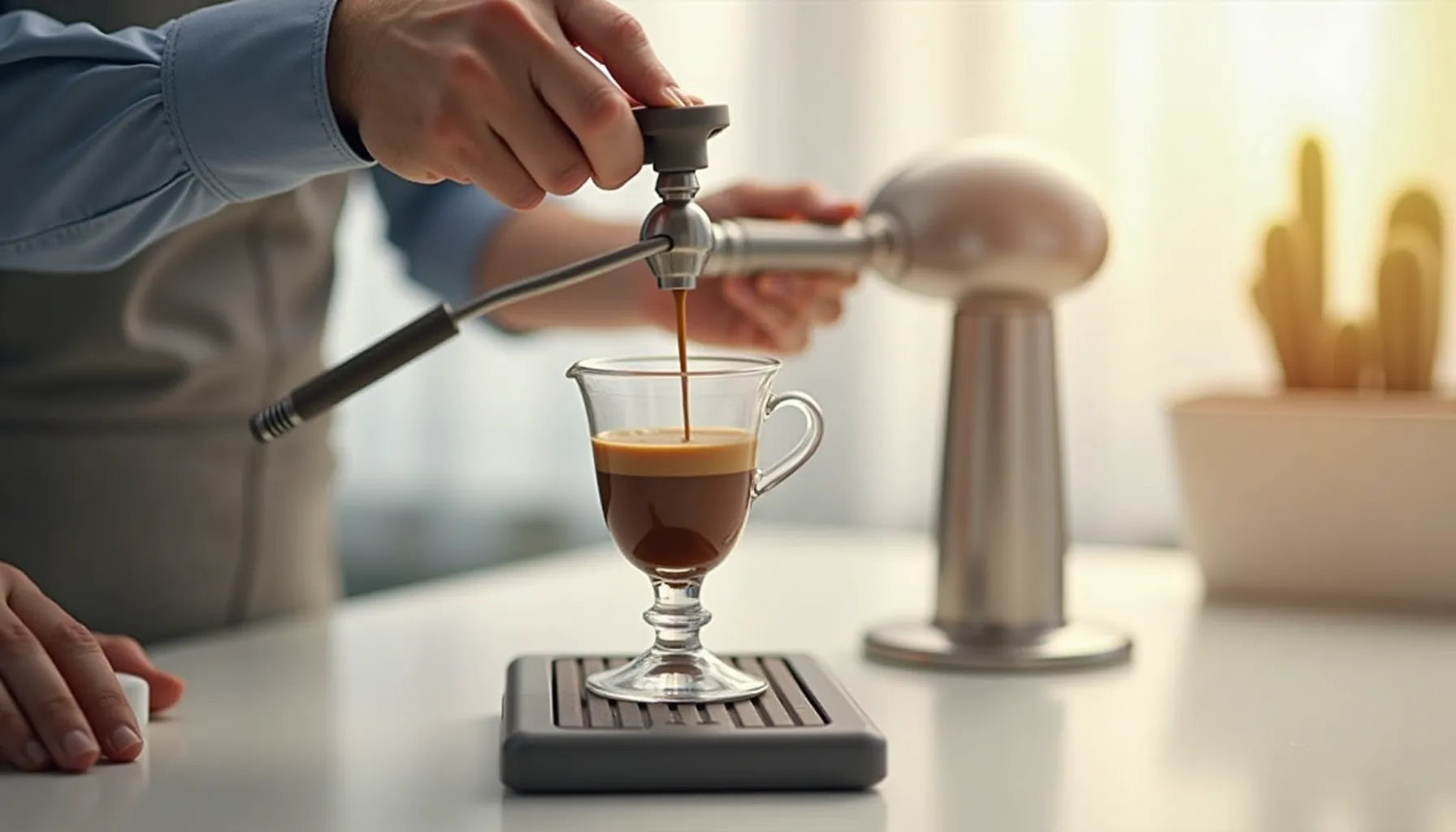Who makes the best coffee in the world? It's a question that has sparked countless debates among coffee enthusiasts, baristas, and casual drinkers alike. As someone who's spent years exploring the rich tapestry of global coffee culture, I can tell you that the answer is far from simple.
Picture this: You're sipping a cup of coffee that makes your taste buds dance with joy. You can't help but wonder if there's anything better out there. That curiosity is what drives us to explore the world of coffee, from the misty mountains of Ethiopia to the lush plantations of Colombia.
In this article, we'll embark on a flavorful journey across continents, examining the unique characteristics that make certain coffees stand out. We'll dive into the factors that contribute to coffee excellence, from growing conditions to roasting techniques. Whether you're a coffee connoisseur or just someone who enjoys a good brew, get ready to discover the diverse and fascinating world behind your daily cup.
Key Takeaways
- Understand the subjectivity of coffee taste and how personal preferences shape our perception of "the best"
- Explore top coffee-producing countries and their signature flavors
- Discover exceptional coffee varieties and brands that have gained global recognition
- Learn about the key factors contributing to coffee quality, from farm to cup
- Uncover how different brewing methods can elevate your coffee experience

The Subjectivity of "Best" Coffee
When it comes to coffee, "best" is a term that's as rich and complex as the brew itself. What makes a cup of coffee exceptional isn't just about objective quality—it's deeply personal.
Your perfect cup might be my mediocre morning joe. And that's the beauty of it all.
Personal Preferences and Taste Variations
Our palates are as unique as our fingerprints. Some folks swoon over a bright, acidic Ethiopian while others prefer the chocolatey notes of a Brazilian roast.
These preferences aren't just random—they're shaped by our experiences, memories, and even our genetic makeup.
Cultural Influences on Coffee Appreciation
Coffee culture varies wildly across the globe. In Italy, a quick espresso at the bar is the norm, while in Sweden, fika—a coffee break with pastries—is a cherished daily ritual.
These cultural practices shape our expectations and perceptions of what makes coffee "good."
The Role of Brewing Methods in Perception
The same beans can taste dramatically different depending on how they're prepared. A French press brings out rich oils, while pour-over methods highlight delicate flavors.
Your brewing method of choice can significantly influence your coffee experience and preferences.
Top Coffee-Producing Countries and Their Signatures
The world of coffee is vast, with each origin offering its own unique flavor profile. Let's explore some of the heavy hitters in the coffee world.
Ethiopia: The Birthplace of Coffee
Ethiopia isn't just a top producer—it's where coffee was born. Legend has it that a goat herder named Kaldi discovered coffee after noticing his goats became energetic after eating certain berries.
Historical Significance
Coffee has been cultivated in Ethiopia for over a thousand years. This long history has led to an incredible diversity of coffee varieties, many of which are still undiscovered by the wider world.
Unique Flavor Profiles
Ethiopian coffees are known for their bright, fruity flavors and floral aromas. A cup of Yirgacheffe might remind you of blueberries and jasmine—a far cry from your average cup of joe.
Brazil: The World's Largest Producer
Brazil produces about a third of the world's coffee. But quantity doesn't mean they skimp on quality—Brazilian beans are a staple in many of the world's favorite blends.
Diverse Cultivation Methods
From small family farms to large estates, Brazil's coffee production is as varied as its landscape. This diversity contributes to a wide range of flavor profiles.
Characteristic Flavors
Brazilian coffees are often described as smooth and mild, with nutty and chocolatey notes. They're a go-to for espresso blends due to their low acidity and full body.
Colombia: Consistency and Quality
When you think of coffee, Colombia might be one of the first countries that come to mind. It's not just clever marketing—Colombian coffee is legitimately excellent.
Year-round Production Capabilities
Thanks to its unique geography, Colombia can produce fresh coffee throughout the year. This consistent supply has helped cement its reputation as a reliable source of quality beans.
Balanced Flavor Profiles
Colombian coffee is known for its well-rounded flavor. You might taste hints of nuts, chocolate, and caramel, all balanced by a subtle acidity. It's the kind of coffee that's easy to love.
Exceptional Coffee Varieties and Brands
Now that we've explored some of the world's top coffee-producing countries, let's dive into specific varieties and brands that have earned a reputation for excellence.
Single-Origin Coffees
Single-origin coffees offer a pure taste of their home regions, allowing you to experience the unique characteristics of each locale.
Jamaican Blue Mountain
Grown in the Blue Mountains of Jamaica, this coffee is known for its mild flavor and lack of bitterness. It's one of the most expensive coffees in the world, but many connoisseurs swear by its smooth, clean taste.
Hawaiian Kona
Cultivated on the slopes of Mauna Loa, Kona coffee is prized for its rich aroma and full body. It often features notes of brown sugar, milk chocolate, and honey.
Specialty Blends
While single-origin coffees showcase purity, expertly crafted blends can offer complex flavor profiles that are greater than the sum of their parts.
Italian Espresso Masters
Brands like Lavazza and Illy have perfected the art of espresso blends, combining beans from various origins to create balanced, full-bodied shots with perfect crema.
Third-Wave Coffee Roasters
Artisanal roasters like Intelligentsia and Stumptown have revolutionized coffee appreciation, focusing on direct trade relationships and meticulous roasting techniques to bring out the best in each bean.
Unique Processing Methods
Sometimes, it's not just about where the coffee comes from, but how it's processed that makes it stand out.
Kopi Luwak: Controversy and Quality
Infamous for its unique production process involving civet cats, Kopi Luwak is known for its smooth taste and low acidity. However, ethical concerns surround its production, making it a controversial choice.
Fermented Coffees: A New Frontier
Experimenting with controlled fermentation, some producers are creating coffees with unique flavor profiles, pushing the boundaries of what coffee can taste like.
Factors Contributing to Coffee Excellence
What separates a good cup of coffee from an extraordinary one? Let's explore the key factors that contribute to coffee quality.
Growing Conditions
The environment in which coffee is grown plays a crucial role in determining its flavor profile.
Altitude and Climate
Higher altitudes generally produce denser, more complex beans. The slower growth at elevation allows for more flavor development. Climate, including temperature and rainfall patterns, also significantly impacts flavor.
Soil Composition
The minerals and nutrients in the soil directly influence the coffee's taste. Volcanic soils, for instance, often produce coffees with bright, clean flavors.
Harvesting and Processing Techniques
How coffee cherries are picked and processed after harvest can make or break the final product.
Picking Methods
Hand-picking allows for selective harvesting of only the ripest cherries, ensuring optimal flavor. Machine harvesting, while more efficient, can result in a mix of ripe and unripe cherries.
Post-Harvest Processing
Methods like washed, natural, and honey processing each impart different characteristics to the bean. Washed coffees tend to have a cleaner, brighter taste, while natural processing often results in fruitier flavors.
Roasting Expertise
Even the best green coffee can be ruined by poor roasting. Skilled roasters know how to bring out the best in each bean.
Roast Levels and Flavor Development
Light roasts preserve more of the bean's original flavors, while dark roasts develop bold, caramelized notes. The roaster's skill lies in finding the perfect balance for each coffee.
Small-Batch vs. Commercial Roasting
Small-batch roasting allows for more precise control and attention to detail, often resulting in higher quality. However, some large-scale roasters have developed sophisticated techniques to maintain quality at scale.

Brewing Up the Perfect Finale
As we come to the end of our global coffee journey, it's clear that the quest for the world's best coffee is a never-ending adventure. From the misty mountains of Ethiopia to the volcanic soils of Hawaii, each cup tells a story of dedication, tradition, and innovation.
The beauty of coffee lies in its diversity. What's "best" is ultimately a personal journey of discovery, influenced by our taste buds, cultural backgrounds, and even the memories we associate with each sip.
As coffee lovers, we're fortunate to live in an era where exceptional beans from around the world are more accessible than ever. Whether you're drawn to the bright acidity of a Kenyan or the chocolatey depth of a Brazilian, there's a world of flavors waiting to be explored.
So, who makes the best coffee in the world? Perhaps it's the farmer who tends to their crops with care, the roaster who coaxes out subtle flavors, or even you, perfecting your brewing technique at home. The answer lies in the joy of exploration and the pleasure found in each cup.
FAQ
What factors contribute most to coffee quality?
Coffee quality is influenced by several key factors: growing conditions (altitude, climate, soil), harvesting methods, processing techniques, roasting expertise, and brewing methods. Each element plays a crucial role in developing the coffee's unique flavor profile.
Which country produces the most coffee in the world?
Brazil is the world's largest coffee producer, accounting for about one-third of global production. However, quantity doesn't always equate to quality, as many other countries are known for their exceptional specialty coffees.
What's the difference between Arabica and Robusta coffee?
Arabica beans are generally considered higher quality, with a sweeter, softer taste and higher acidity. Robusta beans have a stronger, harsher taste and contain more caffeine. Arabica is typically used for specialty coffees, while Robusta is common in espresso blends and instant coffee.
How does brewing method affect coffee taste?
Different brewing methods extract flavors from coffee beans in unique ways. For example, French press produces a full-bodied cup, while pour-over methods tend to highlight delicate flavors. The chosen method can significantly impact the final taste, even when using the same beans.
Is expensive coffee always better?
Not necessarily. While some premium coffees justify their high prices with exceptional quality and rare growing conditions, many excellent coffees are reasonably priced. Factors like personal taste preferences, brewing skill, and bean freshness often matter more than price alone.












